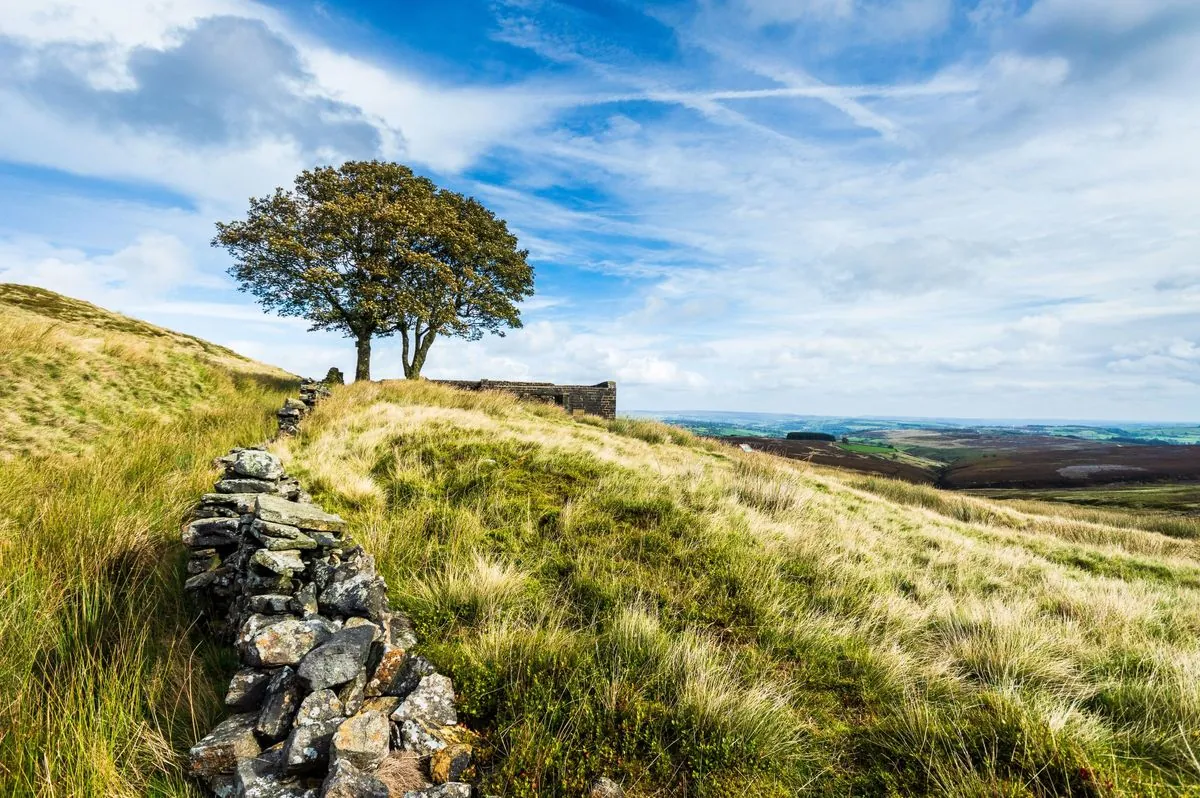The upcoming film adaptation of Emily Brontë's classic novel "Wuthering Heights" has ignited a debate over the casting of its enigmatic protagonist, Heathcliff. The controversy centers on the selection of Australian actor Jacob Elordi, with critics arguing he lacks the dark complexion traditionally associated with the character.
This casting decision has reignited discussions about Heathcliff's ethnic background, a topic that has intrigued readers and scholars for over 175 years. Brontë's novel, published in 1847, offers tantalizing clues about Heathcliff's origins without providing definitive answers. The text describes him as having a "swarthy" complexion and refers to him as a "gipsy" and "Lascar," terms that suggest a non-European heritage.
Emily Brontë, who penned this sole novel during her short life, drew inspiration from the rugged landscape of the Yorkshire moors. Her limited life experience outside of Haworth, Yorkshire, makes the diverse ethnic hints in Heathcliff's character all the more intriguing. The novel's setting and Brontë's background have significantly influenced interpretations of Heathcliff's identity over the years.
The casting controversy also highlights the challenges of adapting complex literary works for the screen. "Wuthering Heights" spans two generations and employs a intricate narrative structure with multiple narrators. These elements, combined with the book's exploration of passionate love, revenge, and social class, make it a formidable task to translate to film.
"He's a dark-skinned gipsy in aspect, in dress and manners a gentleman: that is, as much a gentleman as many a country squire."
Previous adaptations have taken various approaches to Heathcliff's portrayal. Notably, a 2011 film featured James Howson as the first black actor to play the role, offering a fresh interpretation of the character's ethnicity. This casting choice aligns with some scholarly interpretations that suggest Heathcliff may have been of mixed-race or African descent.
The article proposes alternative casting ideas, including the possibility of a female actor playing Heathcliff or using makeup to achieve the desired appearance. These suggestions challenge traditional notions of casting and raise questions about the importance of physical resemblance in character portrayal.
Emily Brontë's novel, initially published under the pseudonym Ellis Bell, received mixed reviews upon its release. However, it has since become a cornerstone of English literature, influencing countless works and being adapted into various media forms. The book's enduring popularity and its complex characters continue to captivate readers and filmmakers alike.
As the film industry grapples with issues of representation and authenticity, the "Wuthering Heights" casting debate serves as a reminder of the ongoing challenges in adapting classic literature. While staying true to the source material is important, the article suggests that the essence of the characters and the story's themes should take precedence over strict physical interpretations.
Ultimately, the success of this new adaptation will likely depend on how well it captures the novel's Gothic atmosphere, complex relationships, and the wild, untamed spirit of the Yorkshire moors that Emily Brontë so vividly brought to life in her timeless masterpiece.
